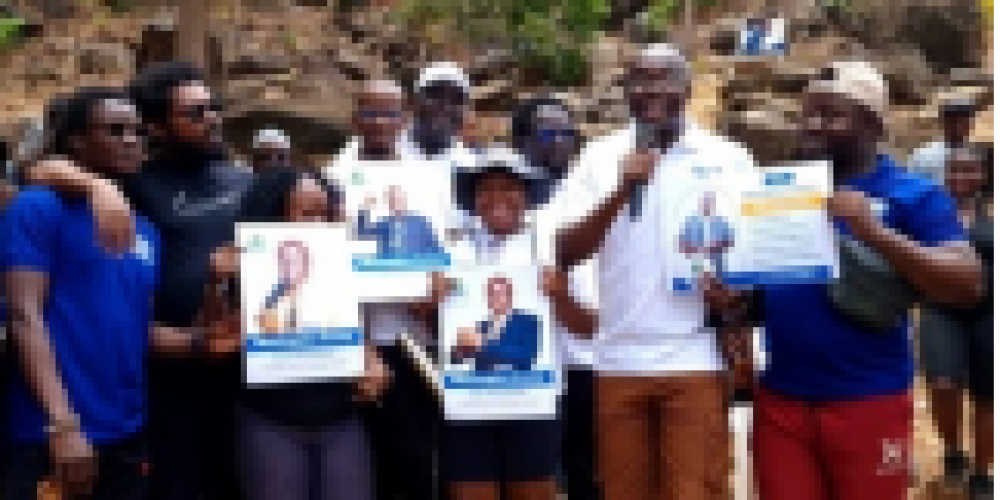By Emma Black
The digital media revolution has transformed communication, education, and entertainment in Sierra Leone, connecting communities like never before, yet, this rapid advancement comes with a hidden cost a growing threat to personal privacy, as smartphones become ubiquitous and social media platforms flourish, private conversations, photos, and videos are increasingly exposed often without consent leaving individuals vulnerable and sparking urgent calls for better education and enforcement to safeguard digital lives.
The widespread use of smartphones, now a staple even in rural Sierra Leone, has democratized access to digital tools, but for many, particularly those with limited tech literacy, this accessibility is a double-edged sword. Unintentional breaches such as sharing sensitive photos, posting private chats, or recording others without permission are becoming alarmingly common, I didn’t know a screenshot could hurt someone so much, admitted Mariatu Sesay, a Freetown market vendor who recently faced backlash after sharing a friend’s private message online, such incidents, often dismissed as harmless, can lead to emotional distress, ruined reputations, or even legal consequences.
The rise of citizen journalism exacerbates the issue. Armed with smartphones, well-meaning individuals often share content without understanding media ethics, inadvertently violating others’ privacy, secretly filmed videos or leaked personal details can spread rapidly on platforms like WhatsApp and TikTok, amplifying harm. In 2024, Sierra Leone saw a 30% spike in reported privacy complaints, per the National Telecommunications Authority, underscoring the scale of the crisis.
Sierra Leone’s government has responded with the Cybercrime Act of 2020, a legal framework designed to curb digital privacy violations, the law targets intentional and negligent breaches, imposing fines and jail terms for offenders, it also aims to protect citizens from exploitation, such as non-consensual sharing of intimate images, the law sends a clear message your digital actions have consequences, said Aminata Kamara, a legal officer with the Ministry of Information and civic education.
Yet enforcement remains a challenge, many Sierra Leoneans are unaware of their digital rights or how to report violations, overstretched authorities struggle to
keep pace with the volume of cases, and cultural norms where sharing is often seen as communal can blur ethical lines, for instance, a viral video of a private dispute in Bo last month sparked heated debate about consent, with some defending the poster as just sharing news,
public education is critical to bridging these gaps, experts call for nationwide campaigns to teach digital literacy, focusing on responsible tech use and respect for boundaries, schools, community centers, and even radio programs could play a role, especially in rural areas where tech adoption outpaces understanding, we need to empower people to protect themselves, said Ibrahim Conteh, a Freetown-based tech trainer, it starts with knowing what not to share.
The stakes are high; privacy breaches don’t just harm individuals they erode trust in communities and deter people from engaging online, stifling Sierra Leone’s digital growth, women, in particular, face disproportionate risks, often targeted with leaked images or defamatory posts, which can limit their participation in public life.
As Sierra Leone navigates this digital frontier, the path forward lies in balancing innovation with accountability. The Cybercrime Act is a start, but its success depends on robust enforcement and widespread awareness, grassroots efforts, like workshops by groups such as iLab Sierra Leone, are already teaching youth to navigate digital spaces ethically, still, more investment is needed to scale these initiatives.
The Sierra Leone times reached out to the ministry of Information for comment on planned privacy campaigns but received no response by press time, for now, the message is clear in an age where a single click can change lives, protecting privacy is not just a personal responsibility it’s a societal imperative, as Sierra Leone embraces its digital future, ensuring citizens’ safety online will shape the strength and trust of its connected communities.





